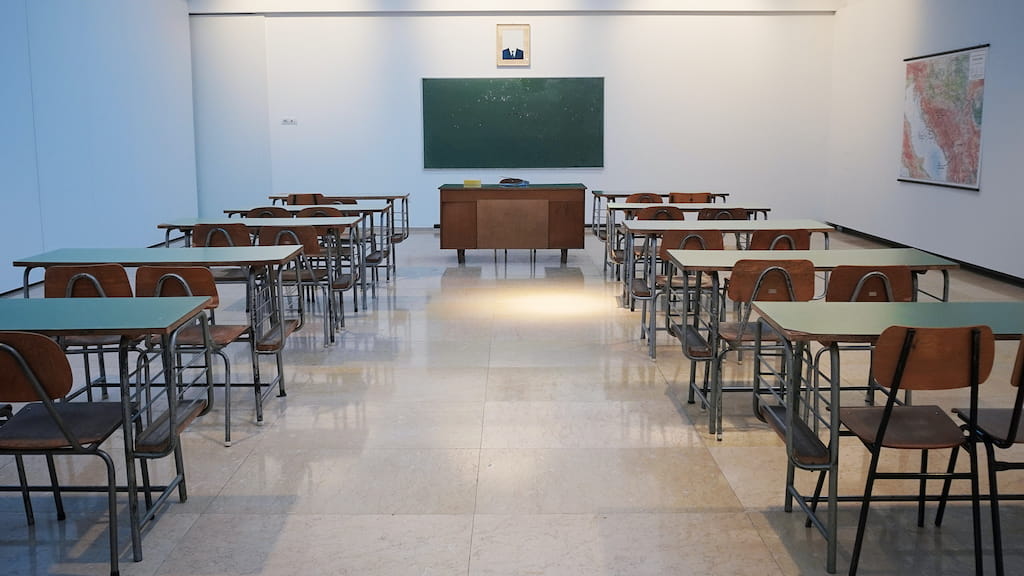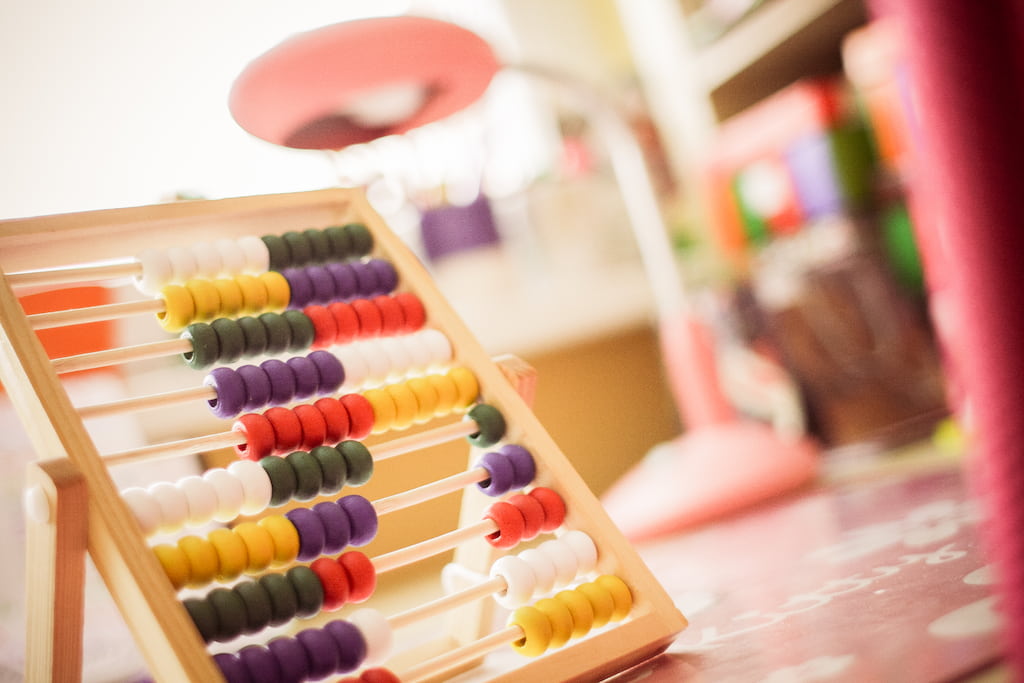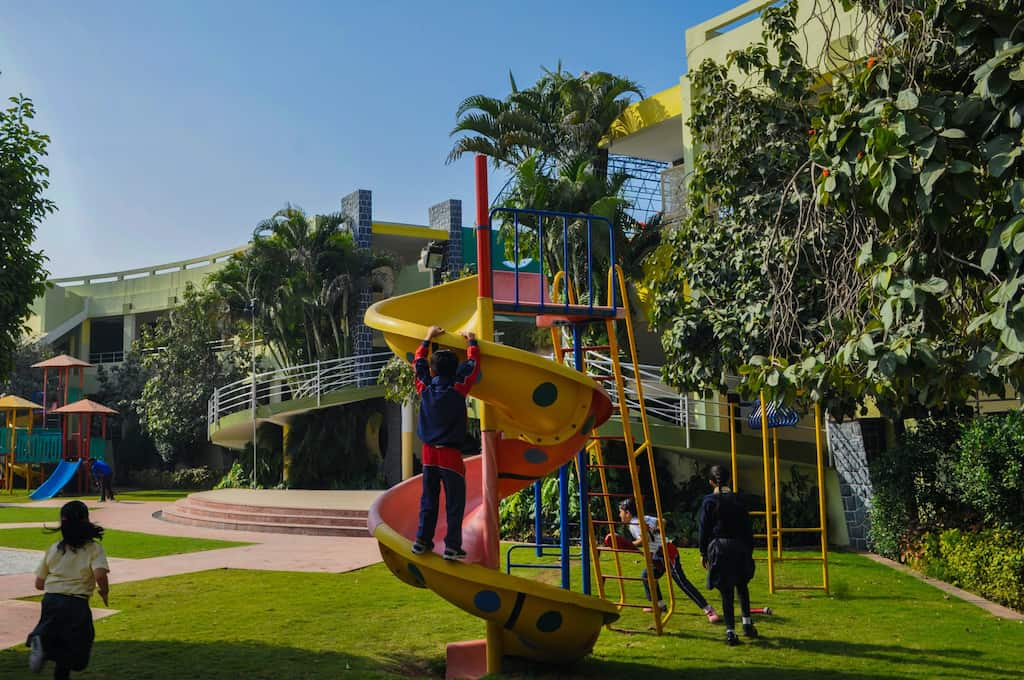Tips for Children Starting School for the First Time

Content
Starting school can be a challenging experience for both children and parents. If you remember your own childhood, you may notice that how you felt on the first day of school still feels just as fresh. Were you excited, worried, afraid of being separated from your family? Perhaps you felt many things all at once…
It’s normal to feel anxious when starting school as children often live a kind of symbiotic life with their caregivers until a certain age. However, that dynamic can change after some time due to reasons such as starting school. This is called separation and can create anxiety in both the child and the parents or caregivers. After all, starting school is a new step for everyone involved, because each person can experience separation anxiety for the first time when it’s time to start school. In the face of this situation, the attitude adopted by the parents and caregivers can have a significant impact on the development of the child.
It’s not unusual for the child to be worried about being separated from the parents or caregivers for the first time as they step into a new and different environment with peers. In addition to entering a new place on one’s own, a shift in routine can be just as challenging for children. They may not be able to navigate these separations easily until they adapt to another framework different from the one they’re accustomed to. The good news is this: Of course, this situation won’t last forever.
The child’s initial resistance doesn’t mean that they’ll never get used to it. Just remember that the transition period may look different for each child and some may take to it quickly while others may need more time. In the case of separation anxiety, the child may be afraid that the parents or caregivers will never come back, leaving them there forever. Remember that they’re still a child and will learn from experience that we will not leave them forever even if we do so for a period of time and that we will pick them up when school is over.

Parents & Caregivers: Separation Anxiety
Separation from children can be a worrying experience not only for children but also for the adults who care for them. We mentioned that one way we can begin to understand our child’s anxiety is to reflect on our own childhood and examine how we felt in similar situations. This time, we’ll do a similar reflective exercise, recalling our own childhood as a way to understand our anxiety as parents and caregivers.
When you experience separation anxiety, it can be useful to go back and ask, “Whose anxiety is this?” When you feel like you’re leaving your child and upsetting them by doing so, you can try to look back at your own separation experiences… What does it mean to you to be separated from your child? How was your separation from your own parents or caregivers? How do you navigate with separation in general in the flow of life?
If we fail to see how separation is reflected within ourselves, we may have greater difficulty in reassuring our child. When the separation, which may already be tricky for the child, becomes difficult for the parents or caregivers as well, the child can become even more worried, making the separation harder to navigate. Remember, children experience a full range of emotions just as we do and often our concerns can also be reflected in the experience of the child. If we manage to stay as calm as possible in such situations, we can begin to model healthy transitions for the child, helping to make the process of separation a bit smoother. As in every situation, we can continue to learn and understand the boundaries of the child, contributing to the adaptation process by staying stable and calm while taking our child to school. Therefore, it’s essential for parents and caregivers to be emotionally prepared for this process.
Preschool Years & Why They’re Important
The preschool years usually include ages three through five, however part-time playgroups that the child can join after they turn two are often offered as well. During this period, children develop skills such as playmaking, adapting to school rules outside the home, initiating and developing games, and learning to share. Especially for only children, this can be an unfamiliar situation and they may have a hard time sharing their toys at first. School offers a meaningful field of experience for children to learn to share. Playing often enhances their emotional, motor, cognitive, and social development through both instructive and enjoyable games. Therefore, preschool education is as fundamental as primary or elementary education. Understanding the importance of this period and facilitating a positive transition into school can have a major impact on the child’s school life and developmental processing.

How Can We Help Prepare Children for this Process?
It’s possible for children and parents to adapt to this difficult process more smoothly. Let’s see what we can do to reduce anxiety before we start school…
1-Trust the school
It’s crucial that both the child and the parents trust the school. If the parents and caregivers trust the school, the child will likely feel a bit more secure as they begin to navigate it for the first time.
So, what kind of a path can parents and caregivers follow in order to form a trusting relationship with the school? School tours, meeting the teacher, and seeking out testimonials from other parents at the school are all great ways to begin learning more about the institution to which you’re entrusting your child. In this way, as parents and caregivers you’ll have a clearer sense of how school life may differ from the child’s home life and begin to guide them accordingly. Bringing the child along for these tours can also be a solid step toward familiarizing the child with the school and allowing them to get a feel for the environment.
2-Let the child get acquainted with the school before starting
We’re all more at ease when faced with something we’re familiar with, right? This is also true for children. The idea of going to a place that the child has seen before and can visualize can make separation a little easier.
Getting to know the classroom, the objects in the classroom, and even the teacher can help familiarize the child with the school environment, making it feel like a safe, known space. For example, when the child has met the teacher beforehand, the child may feel excited about school when parents and caregivers say things like, “Your teacher is waiting for you and your friends!” Beyond being enthusiastic, knowing that an adult with whom the child is familiar is waiting for them can help to reduce the anxiety of being separated from parents and caregivers.
3-Cultivate curiosity about school
Cultivating curiosity about school can help to increase the child’s interest and willingness to go and experience it for themselves. For example, you might draw the child’s interest by saying things like, “When you go to school, you will have a classroom full of friends and there will be toys there for you to play with too!” or “In the classroom they have those toy cars you’ve always wanted and you’ll get to play with them whenever you go to school!”
Explaining what the school is like and elaborating on what might be of interest there can enhance the children’s sense of curiosity and make school all the more appealing.

Remember, how the child views school is largely dependent upon how the parents and caregivers talk about and frame the experience. This is all new, after all, and the child may have many questions. It’s important to answer all of their questions to the best of your ability, reaffirming that the child’s emotions that may come along with these questions are valid and worthy of being taken seriously. By listening to our child’s questions and acknowledging their feelings, we create space for open dialogue about the unknown possibilities of schooling and can work together to make school feel like a safe and welcoming environment.
As with all separation steps, parents and caregivers should have a clear attitude toward starting school. However, it’s worth noting that by being clear we do not mean having a rigid or stern attitude… On the contrary, that kind of intensity may cause difficulties for the child, increasing feelings of anxiety or worry. Acknowledging that children are fully feeling human beings is so important as you navigate this kind of transition. One way you can encourage the child to express their emotions is by asking questions like, “I understand you don’t want to go to school. Sometimes it can feel scary. What are you afraid might happen?” In this way, you’re giving the child space to name their fears and from there you can strategize together about how to move through those feelings.
Starting school is a vital step in terms of both exploring the child’s boundaries and developing their own experiences and personality. By maintaining a clear and supportive attitude when dropping your child off at school, the child is more likely to feel understood and cared for if and when they experience any difficulties.
During the transition period, many children are worried about being dropped off at school in the morning and not being picked up again, or in other words being abandoned. You may hear distressing phrases like, “Please don’t leave me!” In order for the child to overcome this fear of abandonment, it’s important to communicate the routine of pick-up and drop-off in the morning beforehand. Saying things like, “Now, you have to go to school, but when school is over I will be waiting for you right here.” And then actually being in that spot when school is over can help reduce anxiety by creating an experience in the child’s mind that their parent or caregiver both leaves and yet comes back every time. As their worries diminish, they’ll begin to get excited about school, since it’s actually a place where they can socialize with their friends, play games, and satisfy their need to explore.
We know that the experiences during this period matter in many ways. In this process. which is challenging for all parties, children take the first steps toward socialization and learn to be in relationship with their peers. By developing their adaptive skills, they experience being part of a group as well as on their own. In short, the process of starting school lays the foundations of social skills that they’ll use throughout their lives. Thus, it’s critical that everyone involved enjoys this process as much as possible…
Translator: Ebru Peközer

